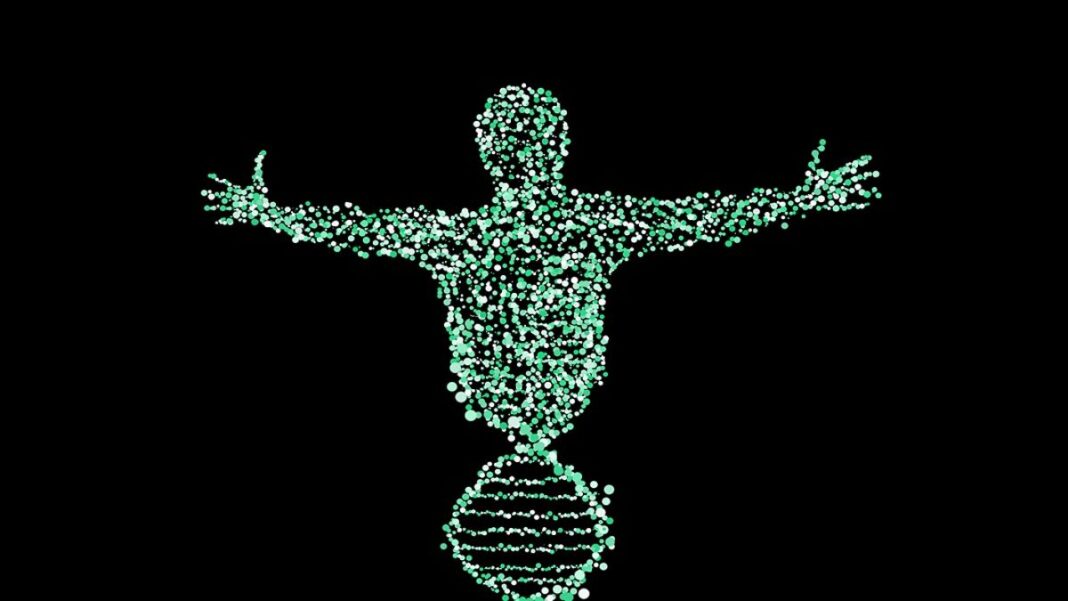The doctor called mRNA vaccines a ‘failed concept’ and something that the government and military have been testing for quite a long time.
Cardiologist Dr. Peter McCullough warned that messenger RNA (mRNA) vaccines inject “foreign genetic code” into human beings, which the body fails to break down or expel for a prolonged period of time.
Research on mRNA “has been going on for decades,” Dr. McCullough said during an Oct. 5 interview. The 2023 Nobel Prize for medicine was awarded to two scientists for making “messenger RNA long-lasting in the human body,” he said. “I mean, it has been tested in multiple applications … It’s an absolute bust. It was just the worst idea ever to install the genetic code for a lethal protein without being able to shut it off. It wasn’t the fact that it was rushed; it’s just ill-conceived from the very beginning.”
“We can’t force the human body to accept foreign genetic code and produce a foreign protein … Messenger RNA for vaccines is a completely failed concept. It’s a dangerous concept, and the U.S. government wasn’t honest. They should have been honest. Trump should have come out and said, ‘Listen, it’s on our website; our military’s been working on this since 2012.’”
During a testimony at the European Parliament last month, Dr. McCullough said, “There’s not a single study showing that the messenger RNA is broken down” in the human body once it is injected.
“There’s not a study showing it leaves the body.” Since the vaccines are “made synthetically, they cannot be broken down.”
He added that the lethal protein from the [COVID-19] vaccines found in the human body after vaccination was found to be circulating “at least for six months, if not longer.”
In the case of seasonal jabs, that is, taking an injection or booster at the end of six months as recommended by the authorities, “there’s another installation in more circulating potentially lethal protein.”
Scientist Drew Weissman, who won the 2023 Nobel Prize in Medicine for his role in developing mRNA technology, warned in a 2018 paper that not only did clinical trials of mRNA vaccines produce “more modest [results] in humans than was expected based on animal models,” but that the “side effects were not trivial.”







